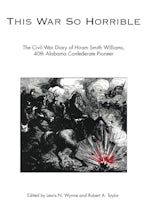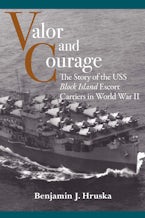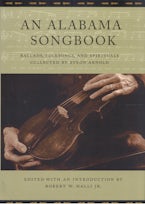Hiram Smith Williams, born in New Jersey, was an unusual individual. A skilled carriage maker and carpenter, he traveled throughout the Midwest in the 1850s as an organizer for the Know Nothing Party and the candidacy of Martin Van Buren. When Van Buren failed to win the presidency in 1856, Williams spent two years wandering around Missouri, teaching school and writing poetry. In addition to his political activities, he served as a correspondent for several midwestern newspapers.
In 1859, Williams settled in Livingston, Alabama, where he worked as a carriage maker. He quickly identified with people around him and when the Civil War erupted in 1861, he supported the Southern cause. In 1862, he enlisted in the 40th Alabama Infantry Regiment, and through 1863 he served on detached duty as a skilled naval carpenter in Mobile. While in Mobile, Williams was active in the cultural and social life of the city and frequently appeared in plays as a semi-professional actor.
In 1864, he was reassigned to his regiment, part of the Army of Tennessee, which was camped in Dalton, Georgia. From February 1864 until autumn of that year, he participated in the Atlanta campaign as a member of a Pioneer unite, which was composed of men with construction skills. In that capacity he helped build bridges, roads, and fortifications, came in close contact with various unit headquarters, and sometimes worked as a hospital orderly.





















